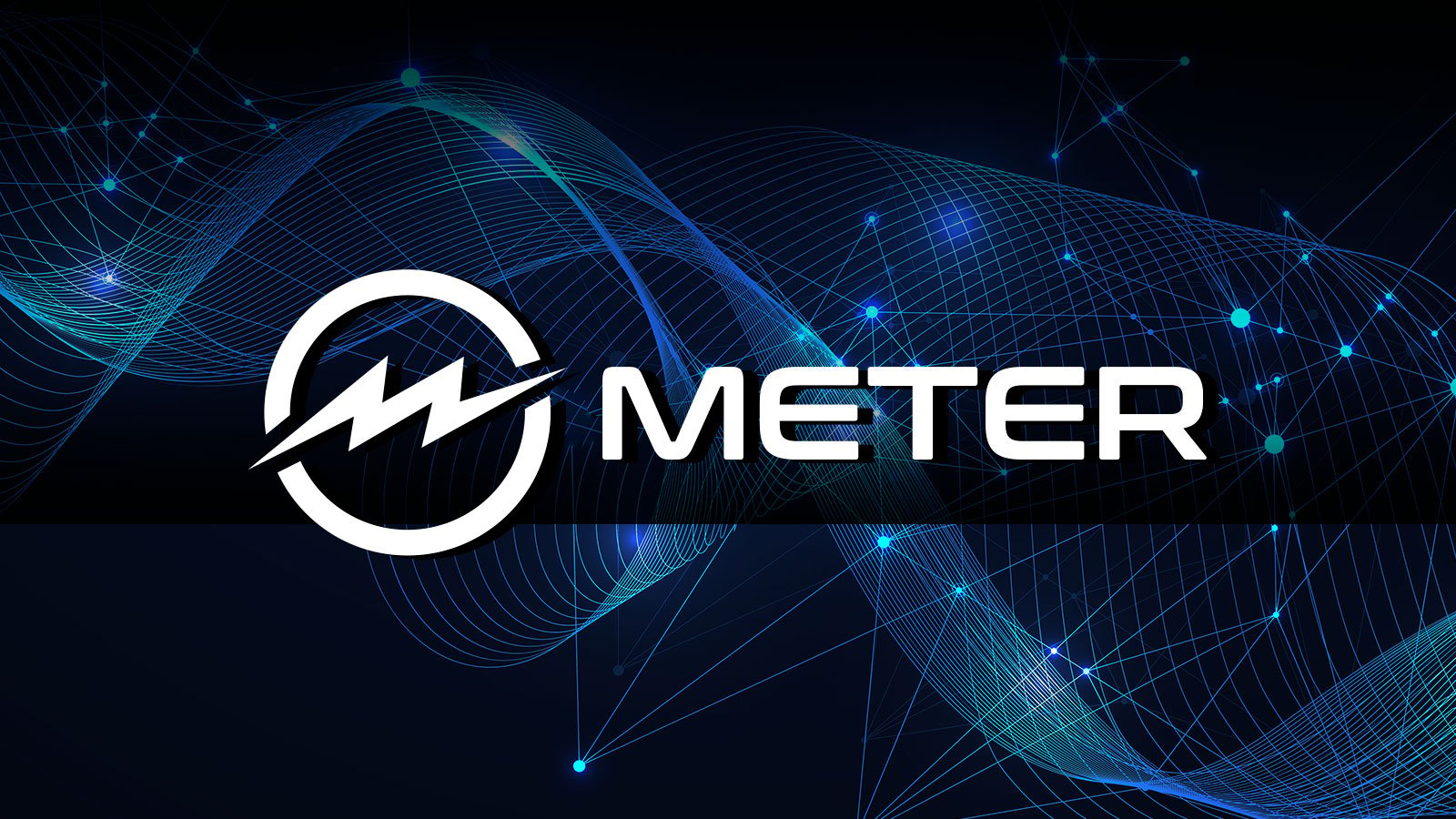Meter, a new generation blockchain, has shared details of its latest open source development. Announced the availability of Supernova Core, a Cosmos SDK-compatible framework designed to replace CometBFT for improved efficiency and new features.
The Meter L1 introduces a Supernova Core for upscaling using the Cosmos SDK
Decentralized blockchain network metera leader in interoperability infrastructure solutions, announces the public release of Supernova Core, the Cosmos SDK framework. Supernova Core is designed to enhance decentralization and performance for developers who rely on the Cosmos ecosystem.
Supernova Core leverages advanced consensus algorithms and cryptographic technologies like HotStuff and BLS to scale blockchain development. Fully compatible with the Cosmos SDK, Supernova Core provides a seamless transition for developers seeking to integrate high-performance interoperability solutions, without abandoning familiar tools and frameworks.
Xiaohan Zhu, co-founder of Meter, highlights that the release opens up an unparalleled range of opportunities for Cosmos-focused developers:
With Supernova Core, we are enabling the community to overcome the limitations of existing consensus mechanisms in the Cosmos SDK. By offering innovations such as BLS signature aggregation, a more efficient network communications layer and the latest advances in consensus protocols, Supernova Core enables developers to reach new heights of scalability and performance.
The consensus engine within Supernova Core has been running on the Meter mainnet for more than four years, supporting a network of more than 300 validators and handling peak transaction loads of eight million transactions per day. Its extensive operations demonstrate its proven reliability, efficiency and flexibility, even under adverse conditions.
New opportunities for synergies between Ethereum and Cosmos
Existing blockchains based on the Cosmos SDK face many challenges, including limited scalability, as existing consensus mechanisms struggle to maintain throughput as the numbers of validators grow.
Performance bottlenecks arise from inefficient network designs and overload of validator consensus messages, which hinders scalability. In addition, difficulties in integrating Ethereum Virtual Machine (EVM) functionality limit cross-chain development opportunities.
Future updates scheduled by Meter contributors will include support for parallel EVM execution and an improved database specifically designed for Ethereum-style key/value store access patterns, further enhancing performance and developer experience.
Source link
